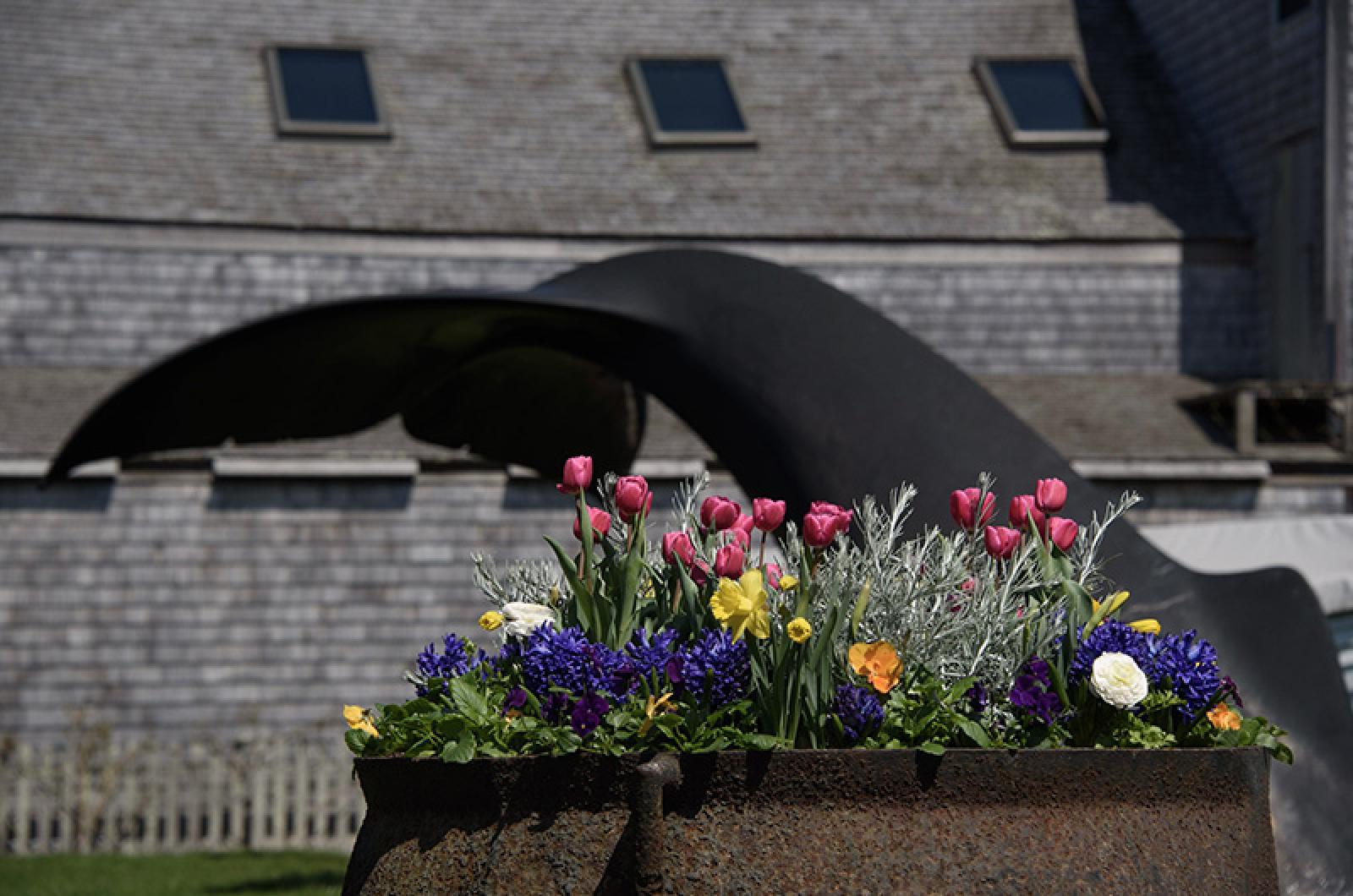April begins a fool and ends a sage. She tags the tails of March, the cruelest month with high hopes and fierce winds. Then, mid-month veers headlong beyond the brink of bloom leaving winter bones behind. How fitting that this is the month we celebrate poetry, straddling the potency of this rich divide.
I first began writing poetry one June when I was nine in an urban backyard captivated by the velvet folds in one of my uncle’s roses. It was the literal body of the rose, the entering into its livingness that caught me. I can still remember the sensation of leaping into its heart feeling protective towards it.
It was later that year, alone on a dreary afternoon in my family’s living room, that something I can only call a beckoning overcame me. It was an experience both overpoweringly beautiful and deeply terrifying. It left my edges profoundly stunned and porous. This “visitation” lasted perhaps twenty seconds. It entirely unmoored my identity expanding and subsuming who I thought I was. Viscerally, I now knew I was not just my parents’ child or a student or a human body. It left me ripe for the muse.
Someone who embraces this state of being is a Polish recipient of the Nobel Prize for Literature, Olga Tokarczuk, which she explored in a lecture given in 2019. Her prize was for fiction but she thinks like a poet. She sees that the offspring of our tech-obsessed, social media culture is a pervasive first-person point of view. A cacophony of insistent “I”s amidst “a collection of things and incidents.” There is little habitation of a child’s limitless, somewhat animistic, point of view — less room for a collective, compassionate voice. There is little synthesis, little wholeness arising from our hours on the internet. Information is not knowledge.
For the writer and for the human being, it’s important to summon the effort to enter into another’s consciousness, grounded in recognition of our shared fate. From a broken teapot she befriended as a child, to a grieving war-torn country, to the heart of a rose….through myth and metaphor and imagination, there are many paths to enlivening this psychic center. She calls this point of view, this living within a unifying sphere of empathy, that of the “tender messenger.” But how pervasive is the virtual in ensnaring our perception? Where is there distance and quiet enough to hear this essential voice?
Living our lives attuned to our senses, the ability to leap between consciousnesses, diminishing the hierarchy of information and entering into truth, always nuanced and often paradoxical, these are the qualities popular culture disavows. These are the qualities cultivated by the poet.
We turn to poetry to shake up our priorities, our alliances, despite and because of the tenor of the times.
To deeply listen, to remember, to protect, to keep from falling asleep. Despite the deluge we swim in, let us set our intentions to cultivate an expanded point of view in connectivity to this one precious world and its creatures. Let us cultivate that welcoming, open-hearted stance, as we turn to Spring and the mysteries ahead.
As Emily Dickinson wrote: “Not knowing when the dawn will come, I open every door.”
Susan Puciul lives in Chilmark.







Comments (1)
Comments
Comment policy »